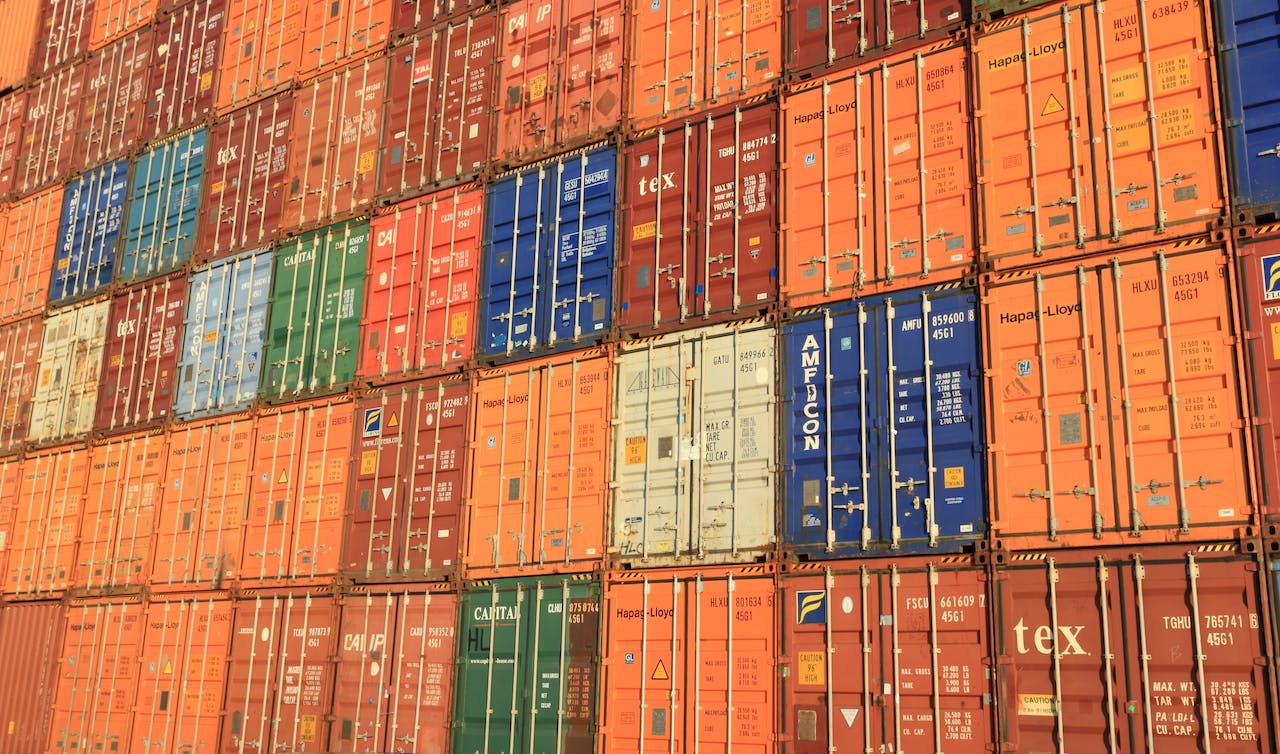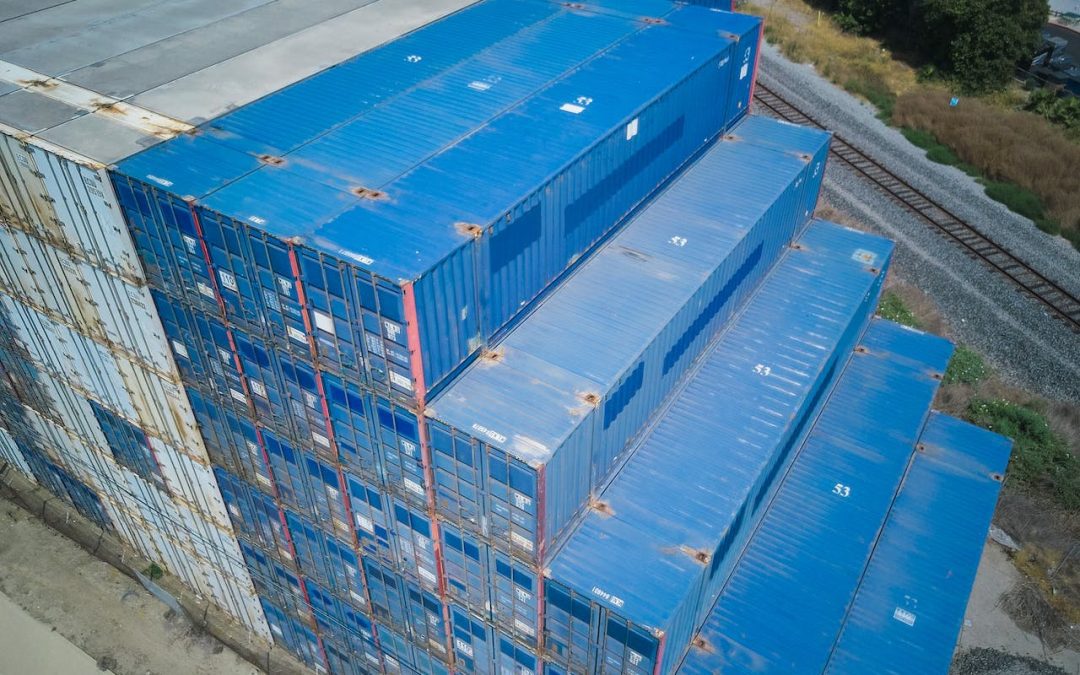В Великобритании действуют ограничения на импорт и экспорт некоторых товаров. Задумывались ли вы когда-нибудь, что может произойти с теми, кто всё же решится на это?
Узнайте здесь…
Какие товары подлежат ограничению?
К товарам, подлежащим ограничению, относятся товары, которые либо полностью запрещены, либо импорт и экспорт которых возможен только по лицензии.
Список длинный, но вот несколько примеров, чтобы показать, насколько разнообразны эти вещи:
Запрещенный
- Оружие
- контролируемые наркотики
- Контрафактные товары
- Непристойные материалы
- Необработанные алмазы
Требуется разрешение или лицензия
- Сельскохозяйственная продукция. Для ее импорта может потребоваться специальная лицензия.
- Пчёлы. Да, пчёлы! При отправке пчёл необходимо получить разрешение от DEFRA (Департамента окружающей среды, продовольствия и сельского хозяйства).
- Наличные деньги. Если есть подозрение, что перемещаемые наличные деньги получены незаконным путем или используются в незаконных целях, суммы свыше 1000 фунтов стерлингов могут быть изъяты.
- Ввоз молочной продукции возможен только через утвержденные пункты пограничного контроля.
- Куриная сперма. Вы всё правильно прочитали! Этот товар запрещён к перевозке, если он не отгружается по специальной лицензии.
- Для перевозки растений между странами требуется фитосанитарный сертификат.
- Для вывоза за пределы Великобритании товаров, изготовленных в тюрьмах, требуется специальное разрешение.
- Для ввоза токсичных химических веществ может потребоваться лицензия и даже разрешение от правительства страны назначения.
Правила импорта в Великобританию
Вопросы того, как и почему вводятся ограничения на продажу товаров, а также какие товары должны подлежать регулированию, решаются различными ведомствами. К ним относятся, например,…
Агентство по стандартам пищевых продуктов
Управление по безопасности пищевых продуктов (FSA) является подразделением правительства Великобритании, ответственным за обеспечение безопасности пищевых продуктов для людей, покупающих и потребляющих их в нашей стране.
На веб-сайте FSA представлен обширный ресурс, помогающий предприятиям разобраться в правилах импорта и экспорта всего, от вина до продуктов питания повышенного риска. Там также подробно описаны меры контроля, существующие в отношении определенных продуктов питания из определенных стран, будь то конкретные условия импорта или полностью запрещенные товары.
Налоговая служба Великобритании (HMRC)
HMRC — это ведомство правительства Великобритании, отвечающее за оценку и сбор налогов. Используя их торговый тариф, предприятия могут найти коды товаров, ставки пошлин и НДС. На веб-сайте также можно узнать больше о запретах и ограничениях, введенных таможней в отношении товаров из других стран.
Министерство сельского хозяйства, продовольствия и морского хозяйства
Министерство сельского хозяйства, продовольствия и морского хозяйства — это правительственное ведомство в Ирландии, отвечающее за регулирование агропродовольственного сектора, поддержку сельской экономики и окружающей среды, а также защиту общественного здоровья.

Что произойдет, если вы ввезете товары, подлежащие ограничениям?
Правила есть правила. Если вы всё же решите ввозить товары, подлежащие ограничениям, без получения соответствующих лицензий, вы уже знаете, что риски будут высокими.
Ограничения на ввоз товаров существуют не просто так, и, ввозя их, вы нарушаете закон.
В случае обнаружения ваших данных, скорее всего, ваши товары будут конфискованы и вам будет предъявлено обвинение, либо вы будете оштрафованы на крупную сумму.
Как легально ввозить товары, подлежащие контролю
Ввоз товаров, подлежащих легальному контролю, в Великобританию — это одно, но помните, что никогда нельзя ввозить запрещенные товары. Они строго запрещены, и, как и в случае с незаконным ввозом или вывозом подлежащих контролю , их пересылка означает нарушение закона.
Предприятия, желающие легально ввозить в Великобританию товары, подлежащие ограничению, должны следовать указаниям правительства Великобритании. На правительственном веб-сайте представлен подробный список запрещенных и ограниченных к ввозу товаров, который поможет предприятиям понять, что разрешено, а что нет.
К числу запрещенных к обороту товаров относятся, от огнестрельного оружия до различных растительных продуктов, и для многих из них требуются специальные лицензии.
Вот шаги, которые необходимо выполнить, если вы хотите легально ввезти в Великобританию товары, подлежащие ограничениям…
- Проверьте веб-сайт правительства Великобритании, чтобы узнать, требуется ли для импорта товаров специальная сертификация или определенная лицензия.
- Подготовьтесь к тому, чтобы стать импортером, работающим с товарами ограниченного оборота. Это включает в себя регистрацию номера EORI и формы VAT 45, а также подачу заявки на получение лицензии на импорт таких товаров, будь то химикаты, продукты животного происхождения или даже растения. Процесс для каждого товара ограниченного оборота будет отличаться, поэтому убедитесь, что вы получили правильную информацию!
- Задекларируйте свои товары на таможне.
- Узнайте товарный код для ваших товаров. Товарные коды — это десятизначные числа, присваиваемые товарам, которые помогают классифицировать и отслеживать импорт. Вы можете найти товарные коды, используя правительственный торговый тариф .
- Проверьте, можно ли снизить таможенную пошлину.
Следуя этим шагам, вы можете быть уверены, что ввозите в Великобританию товары, подлежащие ограничению, на законных основаниях.
На товары, подлежащие ограничениям, распространяются правила
Ввоз товаров, подлежащих ограничениям, — дело деликатное. Чтобы избежать конфискации товаров, судебного преследования или крупных штрафов, убедитесь, что вы выполнили все необходимые требования при ввозе таких товаров в Великобританию.
Компания Millennium поможет вам с решением ваших задач в сфере грузоперевозок, будь то квалифицированная консультация или практические решения сложных проблем, связанных с транспортировкой грузов. Свяжитесь с нами сегодня и узнайте, что мы можем для вас сделать!

